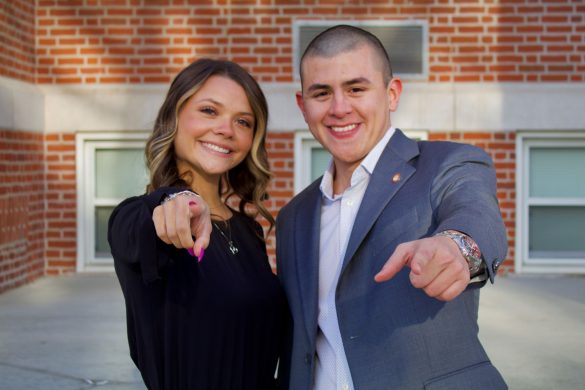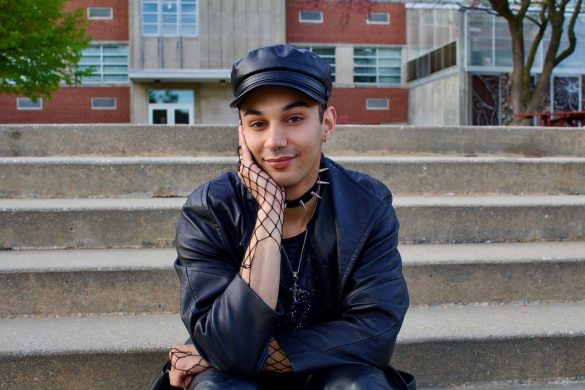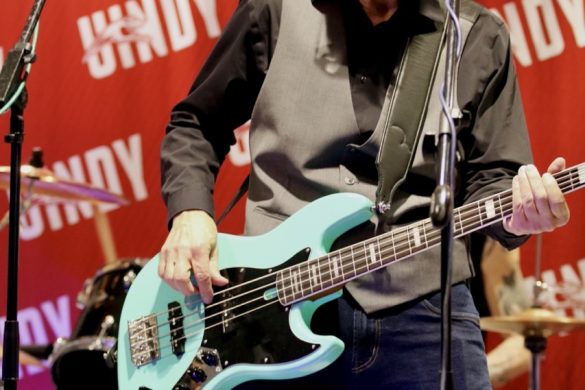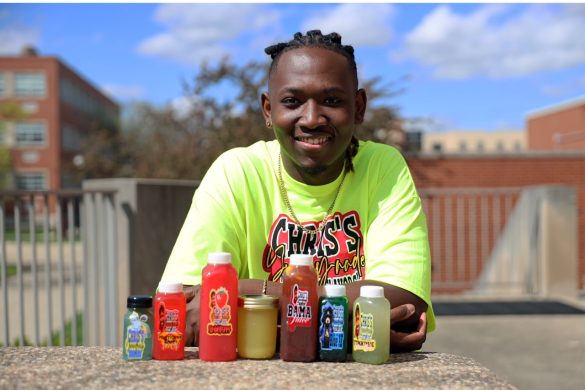As students prepare to head home for Thanksgiving and winter break, the University of Indianapolis should strongly consider requiring everyone returning to campus in January — students, faculty and staff — to test negative for COVID-19 before they arrive on campus. This is imperative, now more than ever, as Indiana continues to break records for the number of newly reported coronavirus cases.
The COVID-19 pandemic has been affecting every aspect of our lives for more than seven months now and is likely to continue doing so into the winter months. There are already concerns that COVID-19 could kill more than 2,900 people a day in the U.S., according to a CNN article about the potential winter surge in cases.
Health experts are predicting a surge in cases because of colder weather, flu season, reopened schools and “pandemic fatigue,” according to the CNN article. On Oct. 29, Anthony Fauci, one of the top infectious disease doctors in the U.S., warned that we are not in a good place as winter approaches, according to an article from FOX 59.
“We should have been way down in baseline and daily cases and we’re not,” Fauci said in the article.
That same day, Indiana had another record-breaking day for newly reported COVID-19 cases, with 3,649 new cases reported, bringing the total number to at least 172,730, according to The Indianapolis Star. The state reported 33 new deaths that day, bringing the total number to 4,024. Hospitalizations also are the highest they have been since April, according to IndyStar.
UIndy has acknowledged the surge in cases in Indiana. Vice President and Chief Operating Officer Neil Perdue said in an Oct. 23 email that the university is asking “all members of our community” to consider how their actions on- and off-campus can impact UIndy’s ability to “#protectthepack.” In another email on Oct. 29, Perdue said that UIndy’s ongoing testing, both symptomatic and surveillance-based, and contract tracing protocols have been instrumental in early identification of COVID-19 cases on campus.
Despite the university’s weekly COVID-19 updates, UIndy still has not acknowledged what its future testing plans are for next semester, which is cause for concern.
At the beginning of this semester, the university did not require a negative COVID-19 test before people returned to campus. The university should not make the same mistake next semester. In addition to the state’s numbers increasing, UIndy’s numbers also have crept up in the past few weeks.
Since the beginning of October, the number of positive tests has increased. Ninety-five new positive tests were reported among on- and off-campus students in October, compared to the 52 that were reported in September, according to UIndy’s COVID-19 dashboard. These numbers are only going to get worse as the number of COVID-19 cases continues to rise.
Once students go home for winter break, they may not follow Centers for Disease Control and Prevention guidelines to help stop the spread of the virus, meaning that UIndy could have an outbreak at the beginning of next semester if the university does not require some sort of testing. While relying on students to be truthful is a nice thought, the safety of the campus community requires something more concrete.
Other campuses already are planning to have students test negative before they return, including Butler University. UIndy may be a smaller school than some of these institutions, but that is no excuse.
UIndy has options when it comes to requiring a negative test. The university could require students to test negative within 7 days before returning to campus. While there is still a chance that someone could be exposed or test positive after, this still provides a safety net for the campus community. The Indiana State Department of Health offers free testing through its partners at numerous sites across the state. This is in addition to other locations where the campus community can get tests.
UIndy already offers asymptomatic surveillance testing through its partnership with Community Health Network, so the university could expand this by offering rapid testing for students upon arrival, regardless of whether they are symptomatic. The university did something similar at the beginning of the academic year, when it offered rapid testing for those who were symptomatic at the time they were moving in. This means that UIndy does have the capability to do this in some form before classes restart in January.
By doing these things, the university might have a chance to prevent a winter outbreak of COVID-19 with students still on-campus, achieving some sense of normalcy. I can only hope that UIndy will heed this advice before it’s too late and becomes infeasible.








